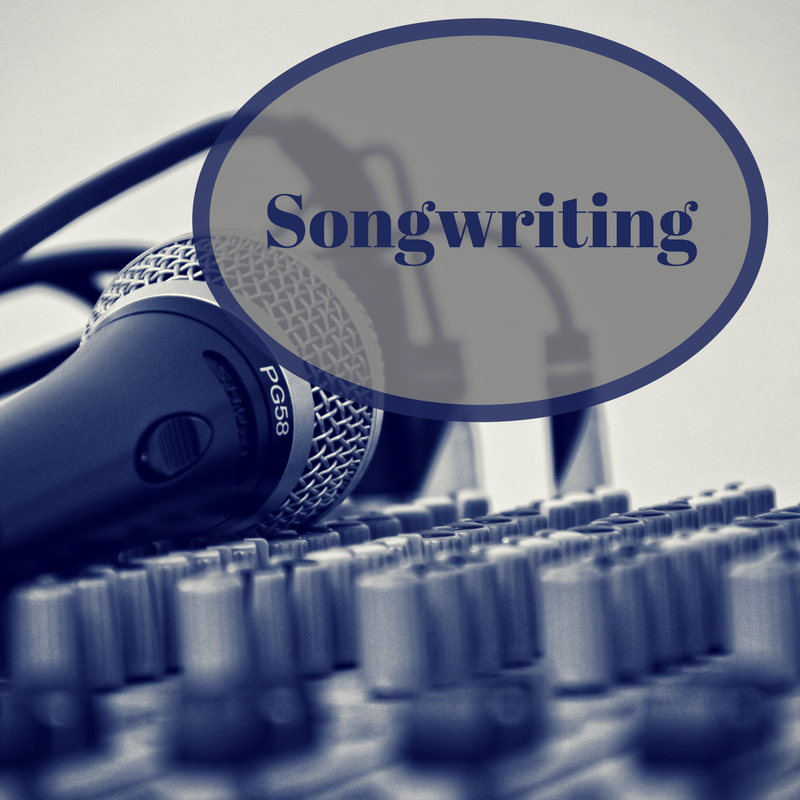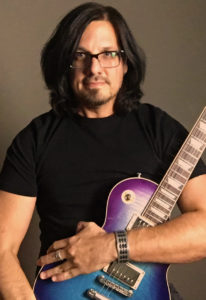From prosody to melodic prose, I have shared a lot about the craft of songwriting over the year. Today I will be discussing the business side of it. Songs and song ideas get stolen all the time. This was especially true before the digital age. Today’s technology allows writers to protect themselves a little better. However, every artist still needs to take every precaution and protect their work. There are two ways to do this, but only one is mandatory if you don’t think your song will receive airplay.
Your first step is to finalize your song arrangements—this includes the lyrics and music, and recording it in some fashion, preferably digitally, using recording software (we will talk more on this next month.) Then, you want to copyright your song to protect it. Copyrighting is simple, but it can be costly if you don’t do it wisely. It can also be time consuming. If you plan on creating an album of music, it is best if you record all of your material first, then apply for copyright with just one fee to copyright the entire album. Otherwise, you will be paying a fee to copyright each individual song. Even if your material is a “work for hire,” you need to copyright it.
Life is a little different than it used to be, musically speaking. The standard was to put out a demo (3 to 5 songs) or an E.P. (extended play, 5 to 7 songs), or a full-length album (10 to 14 songs). Digital technology has drastically changed the rules in the last decade, where albums are rarely sold in comparison to individual songs. Formats like iTunes and Amazon have made it possible to buy single songs versus entire albums. And artists are releasing albums with a variety of song numbers, with famous artists such as David Crowder and Taylor Swift dropping standard albums just shy of 20 songs each. This would be considered a double album back-in-the-day and would cost consumers twice as much. But the over-abundance of music available on the internet has devalued albums and art, making costs much more affordable with less financial benefit to the artist. However, the payoff is more exposure for smaller artists. Because of this, many artists have given their music away in hopes to sell more concert tickets and reach a bigger fan base.
Once you have your album ready (it doesn’t have to be in its final mastering glory), you can apply for the copyright at www.copyright.gov. The site can be a bit overwhelming. Don’t let it overwhelm you. For audio songs, simply go to the tab for Law and Guidance, scroll down and select Forms. Under Basic Forms, you will select Form SR, for Sound Recording. For detailed information on how to fill out the form, you can get guidance from the site or search various Youtube videos. If you only want to copyright the lyrics before adding music, you can use Form TX. However, this may cause you a headache when re-copyrighting with the musicians or song owners. You will have to work out copyright percentages, etc. as well.
Once you have quality recordings of your songs and you have applied for the copyright, your next step is to apply for a performing rights organization membership, if you think it will receive any type of airplay. There are two main organizations: BMI and ASCAP. Before the days of internet radio and humongous loopholes in the law, radio stations, television, film, restaurants, and any other public venue had to pay rights to a performance rights organization to play music in the background or receive heavy fines. These performance rights organizations collected data on songs being played and paid their artists based on song plays. Then, they would mail out quarterly checks from those royalties. Today, internet radio stations began mimicking that concept, without the use of the P.R.O., but paying artists way less. A thousand plays on stations like Spotify and Pandora can leave an artist with just a few dollars. But those stations give great exposure to new artists which can lead to individual or album song sales. I am a registered BMI artist, but only a tiny percentage of my songs are registered with BMI. Again, it’s a waste of time if your song isn’t getting viable airplay. The songs I registered are those that received attention on radio or are played in television shows or movies.
If your songs are quality recorded and you have them copyrighted and you have registered them with a P.R.O., your next step is distribution, which I will talk about in my next article. Got a question about songwriting? Please write me at matthewhawkeldridge@yahoo.com.
Matthew Hawk Eldridge is a sleepless, coffee addicted, Renaissance man currently working in the film industry while attending grad school for creative writing. His latest novel, The Pan: Experiencing Neverland, can be found on Amazon. His album, Overcome, releases June 1st.



 We love helping your growing in your writing career.
We love helping your growing in your writing career.

No Comments